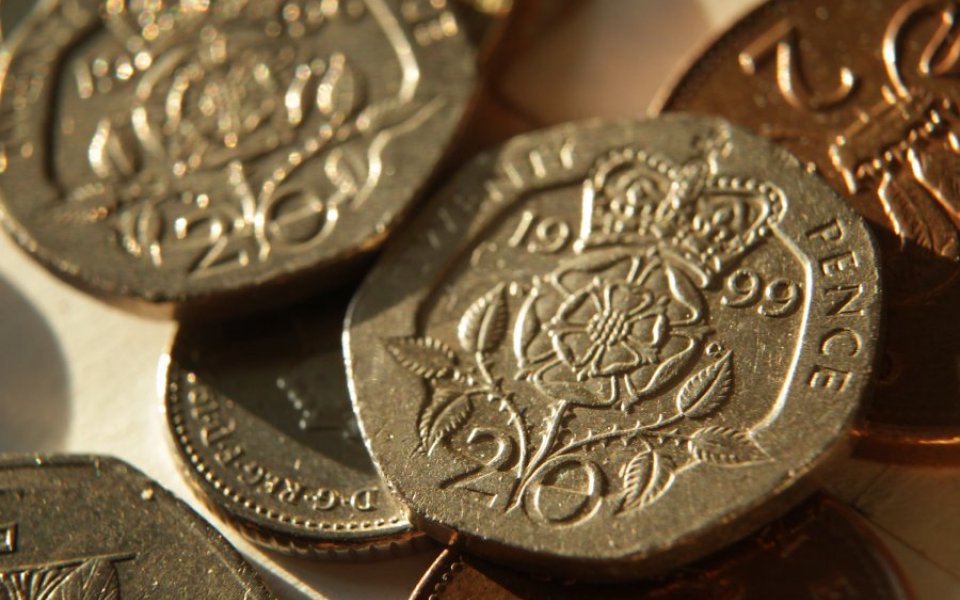Budget 2016: Economists warn of tough times ahead for the British consumer

British households will have to rein in their spending next year as inflation creeps back up and a fresh round of austerity bites, economic forecasters are warning today.
The EY Item Club, which uses Treasury models to make its forecasts, said consumers will enjoy “one last hurrah” this year while inflation remains below one per cent – making incomes stretch further – and the implementation of a national living wage from April lifts pay.
However, it expects conditions to be tougher next year as household finances are squeezed by higher inflation and fiscal austerity.
Growth in UK incomes is forecast to slow to 1.6 per cent in 2017, down from three per cent.
News of a slowdown in consumer spending is likely to pile further pressure on chancellor George Osborne, who has warned he may have to introduce further cuts in next month’s budget as low inflation and weak economic growth hits tax receipts.
“This slowdown will be particularly tough on the ‘squeezed middle’ who will bear the brunt of the impact and see growth in real take home pay slow significantly from 2.4 per cent in 2015 to less than one per cent by 2019,” said Martin Beck, senior economic adviser to the EY Item Club.
“This will translate into softer growth in consumer spending, particularly on discretionary items which have been doing well over the past year.”
Read more: Chancellor George Osborne facing Budget squeeze
Consumer confidence has already fallen to a 12-month low, according to separate figures released this morning. The confidence index, compiled by pollsters YouGov and the Centre for Economics and Business Research, dropped to a score of 112.7 in February from last month’s 113.3. It marks the lowest level of sentiment since February 2015.
The survey data from up to 7,000 people shows consumers are more downbeat about their household finances, change in house value and job security over the next 12 months.
“Of particular concern is job security, which can act as a pit canary for how things are going. If it continues to decline then we could start to see some further downward movement in consumer confidence in the coming months,” said head of YouGov Reports Stephen Harmston.
“The recovery in consumer spending will fade, because firms aren’t hiring at the rate seen in 2015, and households have little scope to reduce their saving further,” economist Samuel Tombs from Pantheon Macroeconomics told City A.M.
He added: “The recovery’s reliance on consumers is worrying, because growth in households’ real incomes looks set to slow this year as the fiscal squeeze intensifies.”